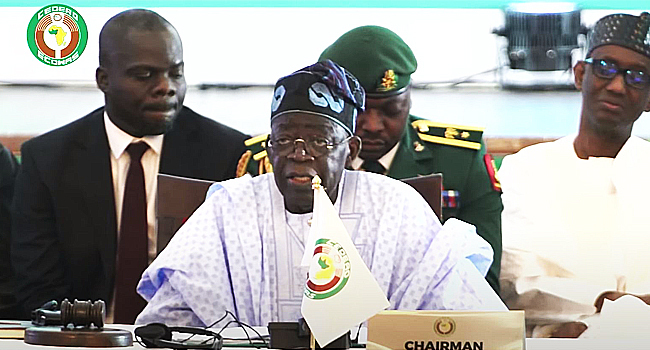Despite ECOWAS Exit, Nigeria Offers Olive Branch to Burkina Faso, Mali, Niger: Open for Dialogue and Reconciliation
In a move aimed at fostering regional unity despite recent tensions, the Nigerian government has expressed its openness to continued engagement with Burkina Faso, Mali, and Niger, even after the three nations announced their withdrawal from the Economic Community of West African States (ECOWAS) on Sunday.
The announcement by the military-led governments of the three countries came amid concerns over ECOWAS’ handling of democratic backsliding in the region, particularly the imposition of sanctions on Mali. Nigeria, a vocal advocate for democracy and regional cooperation, has found itself in a delicate position, balancing its commitment to ECOWAS principles with the desire to maintain open lines of communication with its neighbors.
“For half a century, ECOWAS has worked to promote peace, prosperity and democracy in the region,” stated the Nigerian Foreign Ministry in an official statement. “We remain saddened by the decision of Burkina Faso, Mali and Niger to withdraw, but we firmly believe that dialogue and engagement remain the only way to address the challenges facing the region.”
The statement further emphasized Nigeria’s “openness for engagement with all countries within the regional bloc to address pressing issues within the community,” acknowledging the need for constructive dialogue and a collaborative approach to finding solutions. This olive branch extends an opportunity for the three departing nations to reconsider their decision and potentially re-engage with the regional bloc at a later stage.
However, the path forward remains uncertain. The reasons for the three countries’ withdrawal are complex and deeply rooted in their political situations and perceived grievances with ECOWAS. Addressing these concerns and finding common ground will require significant diplomatic effort and a willingness from all sides to compromise and prioritize regional stability.
Nigeria, as a key player in the region and a strong advocate for ECOWAS, is well-positioned to play a crucial role in mediating this situation. Its focus on engagement and dialogue offers a glimmer of hope for reconciliation and a future where all West African nations can collaborate for the common good.

